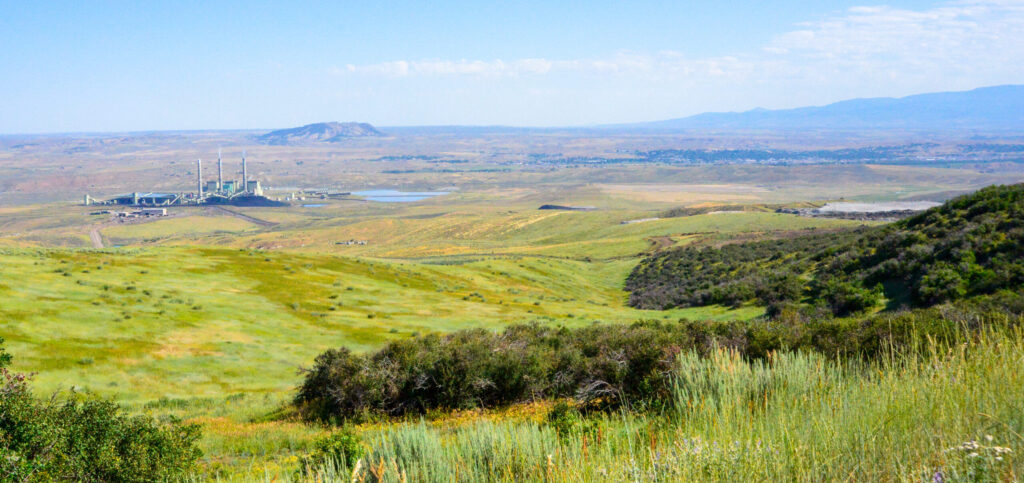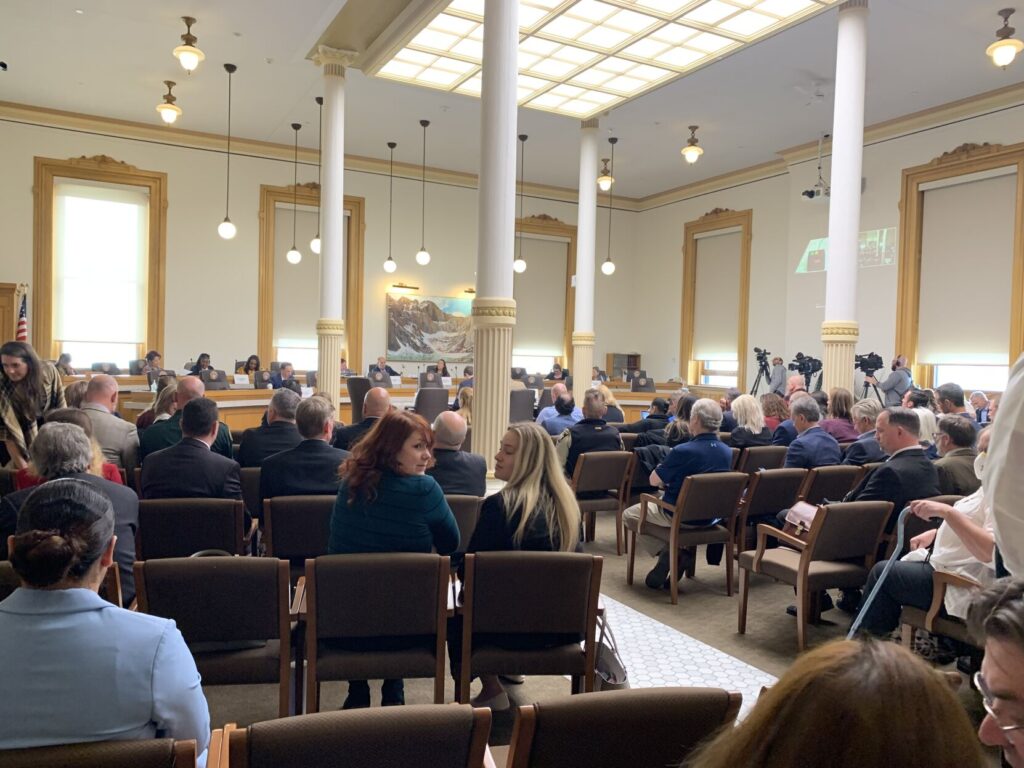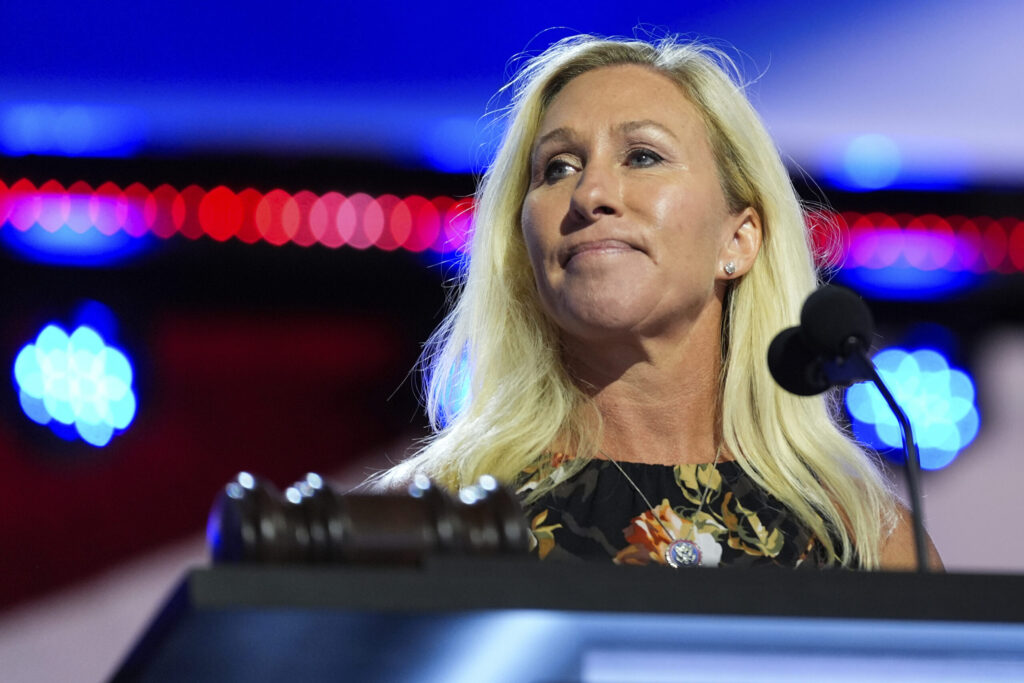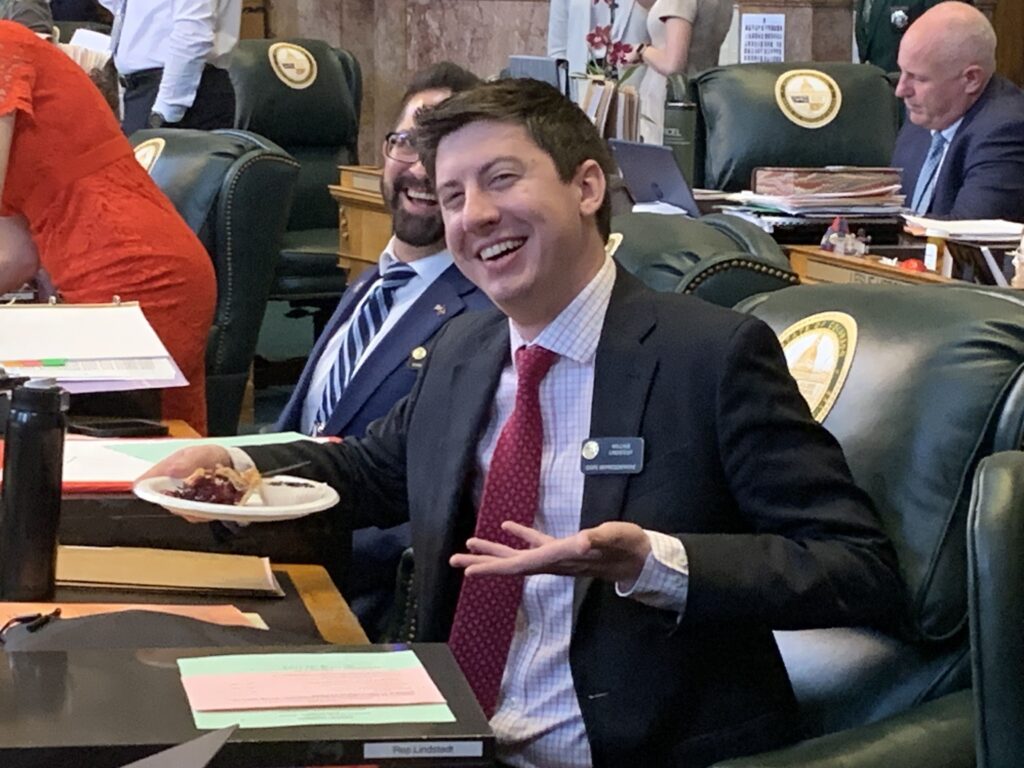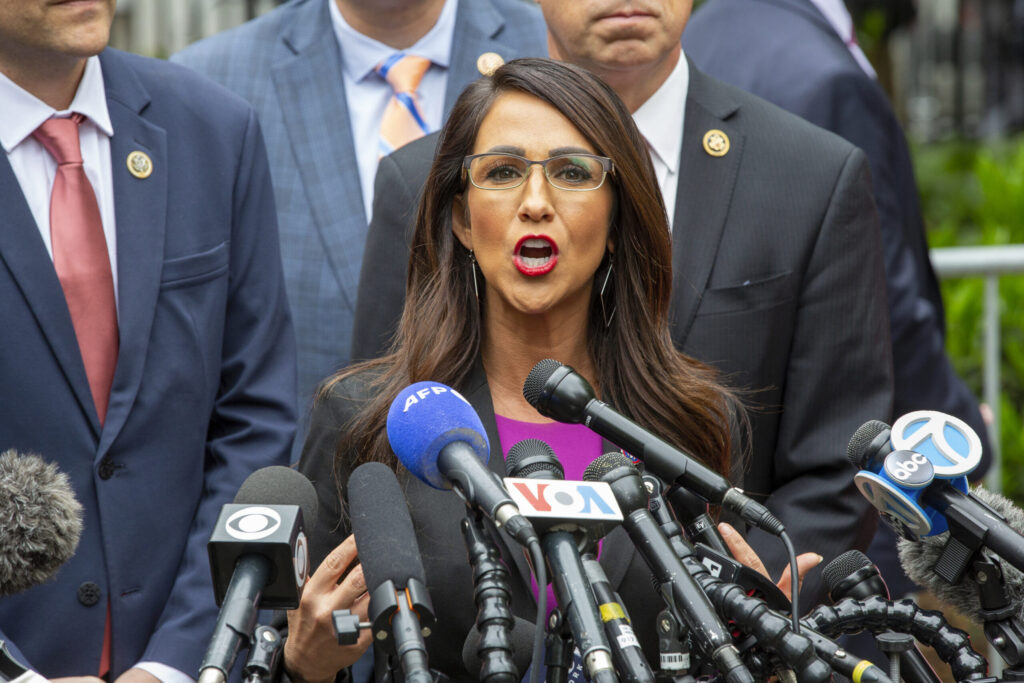Proposal advances for non-gendered bathrooms, baby changing stations in Colorado public buildings
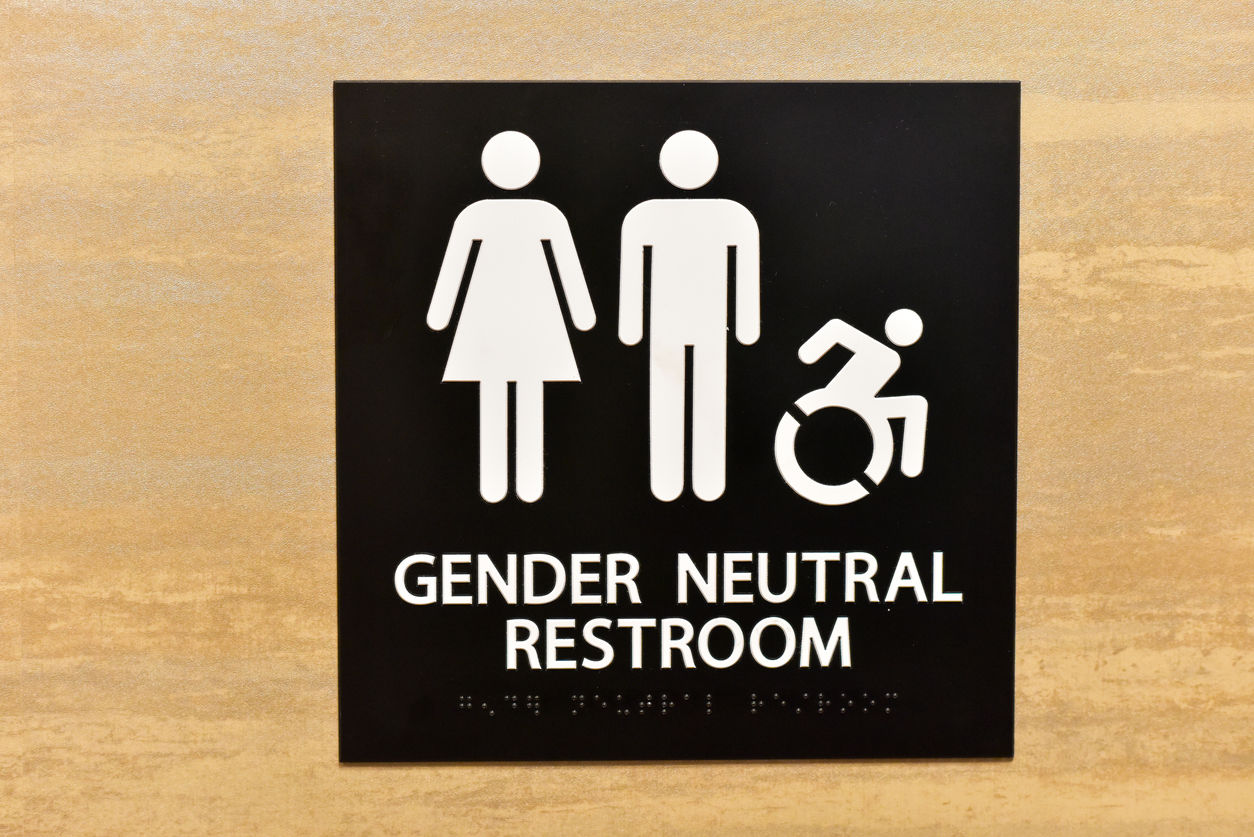
An effort to add non-gendered bathrooms and baby changing stations to Colorado’s public buildings passed its first hurdle on Monday, receiving approval from a state House committee.
If passed by the full legislature, House Bill 1057 would require newly constructed public buildings owned or operated by the government to provide non-gendered bathrooms on each floor where gendered bathrooms are available. The buildings would also need to provide baby diaper changing stations, either in the non-gendered bathroom or in both the men’s and women’s bathrooms.
“Many of us don’t have to plan our day around where we can find an accessible restroom. Some must,” said bill sponsor Rep. Karen McCormick, D-Longmont. “We have been shortchanging dads, moms, parents, caregivers and babies in this area.”
Proponents of the bill said gendered bathrooms are inaccessible for many groups, including transgender or nonbinary people, disabled people with caregivers of a different gender, and men with young children who can’t access baby changing stations in women’s bathrooms.
During Monday’s committee hearing, numerous LGBTQ rights advocates said being unable to find a non-gendered bathroom can be a safety issue for transgender and nonbinary people. Nearly 60% of transgender Americans say they avoid using public bathrooms for fear of confrontation, according to the 2015 U.S. Transgender Survey. The survey also found that 12% had recently been verbally harassed in a public bathroom, 1% had been physically attacked and 9% had been denied access.
Warren Edson, a Denver attorney, said his nonbinary teenage child is unable to use gendered bathrooms because of this, forcing them to return home from school multiple times a day to use the bathroom.
“They go into the men’s room, they run the risk of getting beaten up. They go into the women’s room, they run the risk of being labeled a pervert or a pedophile,” Edson said. “What are they supposed to do? Put yourself in that position.”
Under the bill, the bathroom requirements would not apply to K-12 schools or historic buildings, though they would apply to higher education institutions. The bill would also apply to existing public government buildings already undergoing significant bathroom renovations and, in 2025, they would extend to all government buildings even if they’re not open to the public.
McCormick said her nonbinary child faces similar challenges finding bathrooms and the other bill sponsor, Rep. Stephanie Vigil, said she has faced these challenges firsthand.
Vigil, D-Colorado Springs, is gender fluid and uses she/they pronouns. While she doesn’t mind using women’s bathrooms, Vigil said other people have taken issue with her since she presents androgynously. When she was around 16 years old, a stranger yelled at Vigil and tried to prevent her from entering a women’s bathroom at a shopping mall, she said.
“That’s a deeply embarrassing thing for any young person to go through,” Vigil said. “This bill is a way to move our great state towards a model that removes any of those remaining barriers.”
The House State, Civic, Military and Veterans Affairs Committee passed the bill in an 8-3 vote on Monday, sending it to the House Appropriations Committee for further consideration. Committee members voted on the bill along party lines, with Democrats in support and Republicans in opposition.
Republican opponents said they are not against the concept of providing non-gendered bathrooms in public buildings, but suggested their objection is due to the bill being framed as accommodating transgender and nonbinary people.
Under the bill, employees who work in public buildings could file a complaint for discrimination or unfair practices with the Colorado civil rights division if the building fails to provide non-gendered bathrooms.
“I’m not opposed to family restrooms. I think they’re very handy. This bill has a lot of changes, it’s a lot of political hot button wording,” said Rep. Ken DeGraaf, R-Colorado Springs, while voting against the bill. “I would have preferred it if it was a clean bill saying, ‘We think you ought to build a handicapped accessible family restroom’ and left it at that.”
Rep. Ryan Armagost, R-Berthoud, echoed this sentiment: “The verbiage used in (the bill) goes against everything in my values.”
The governments of Colorado Springs, Fountain and Monument opposed the bill, and the Colorado Municipal League and Colorado Counties Inc. sought to amend it. The groups argued the bill should only apply to new buildings and not to existing buildings being renovated, as a means to save money.
Twenty-one counties support the bill, in addition to the ACLU of Colorado, Colorado Children’s Campaign, League of Women Voters of Colorado and Mental Health Colorado.
Three individuals spoke against the bill Monday, largely saying that they’d be uncomfortable using a non-gendered bathroom.
The bill would not remove gendered bathrooms from public buildings, only require that a non-gendered option also be available for those who want it.
“You’re only considering the comfort levels of a certain class and you’re putting the comfort levels of other people in jeopardy because of that,” said Laurel Anne Flahive, an El Paso County resident. “It’s creating yet another way for people to be segregated.”
This bill comes as other states, such as Alabama, have passed bills to prevent transgender people from using bathrooms corresponding with their gender identity, instead making them use bathrooms corresponding with their sex assigned at birth.
In Monday’s committee meeting, Colorado lawmakers rejected what critics described as an “anti-transgender” bill, which would have made transgender student athletes compete on teams based on their sex assigned at birth.
Laura MacWaters, a transgender Fort Collins woman, said excluding transgender people from public spaces has “real consequences,” adding that she was hospitalized with a kidney stone after not being able to use the bathroom for too long.
“Many transgender, nonbinary and LGBTQIA people have no where they can be sure they won’t be excluded, harassed or assaulted,” MacWaters said. “The possibility of this and the occasional actual acts limit their ability to work, shop, travel, visit the state Capitol, attend committee hearings or do any of the thousands of other things that no one should have to worry about.”



